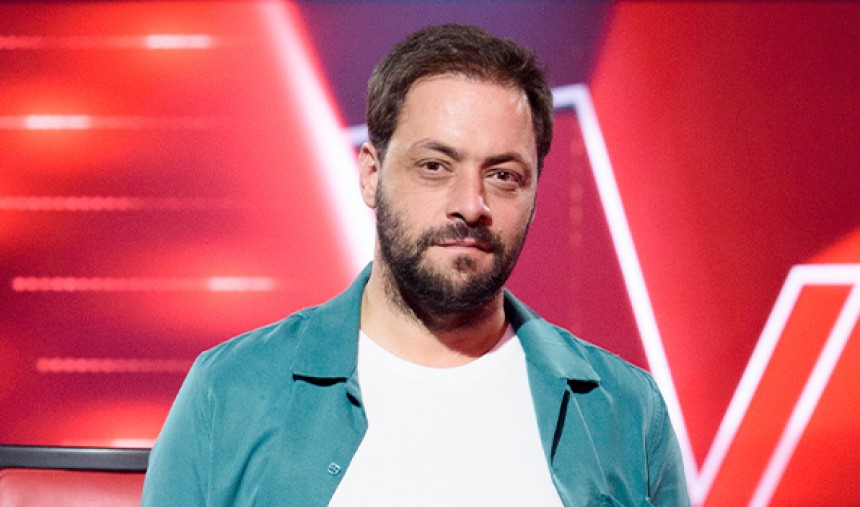Born in Beja, on September 19, 1975, António Zambujo is one of the greatest contemporary artists, authors and interpreters of Portuguese music and language, and one of its most notable ambassadors in the world.
On the ninth album, eighth of originals, “António Zambujo Voz e Violão”, the musician is inspired by the name of one of the albums of his (and our) life, “João Voz e Violão”, João Gilberto’s album published in 1999 , and returns, nothing accidentally, to the essentials. As journalist Luís Osório wrote: «One day, in some more or less distant future, it will be said that this record is one of the most important in António Zambujo’s career. Not because some of the albums that preceded him are considered minor, and even less because of the quality of all the songs he still hasn’t composed or voiced. Simply because “Voz e Violão” will always be associated with a time that proved to us how fragile we are and how much we need to rethink ourselves in an urgency of what is essential.».
António Zambujo incorporated the influences of Brazilian songbooks, in particular Bossa Nova, in his music, first forged in the tradition of Cante Alentejano and Fado, from which he set out to create a unique personality, inspiring a new cycle in Portuguese music, at the same time that breaks down borders, real or imagined, bringing the two sides of the Atlantic closer together. In his discography, “Até Penso Que Fosse Minha”, the tribute album to Chico Buarque that he released in 2016 and which even earned him a nomination for the Latin Grammy the following year, in the category of Best MPB Album, did not cause weirdness.
It also did not seem bizarre that at the end of 2018 he called “Do Avesso” the new album of originals, in which he reinvented himself again, using the participation of the Orquestra Sinfonietta de Lisboa, and which would eventually be distinguished with the José Afonso Award 2019 The jury considered that “Do Avesso” represented “not only the continuation of António Zambujo’s extremely coherent path, but also a high point for the confirmation of his interpretive qualities and the great creative inspiration that he reveals” and added that “each song by Zambujo tells a story, and each album is, in itself, a story, along the lines of José Afonso, for whom music was intrinsically linked both to his inner life and to the circumstances of the world in which he lived». And there are several previous chapters of this work that António Zambujo has been creating, since the debut in 2002 with “O Even Fado”, followed by “Por Meu Cante” (2004), “Outro Sentido” (2009), “Guia” (2010) ), “Quinto” (2012), and “Rua da Emenda” (2014).
In his childhood spent in Alentejo, António Zambujo grew up with a strong connection to music – he started studying clarinet at the age of 8, but it was above all the living tradition of Cante Alentejano and Fado that made him a musician. Ending up settling in Lisbon, where he began by dividing his time between the daily experience of Fado and participating in musicals, he followed an impressive path, marked by awards and distinctions, with emphasis on the commendation of the Order of Infante D. Henrique , which was given to him by the President of the Republic in 2015.
There are few places on the planet that have not yet had the privilege of having heard the Voice of António Zambujo live. With so many worlds within his world, whether he performs surrounded by musicians or just accompanied by his guitar, as we will now have the opportunity to watch in the concerts of “António Zambujo Voz e Violão”, it is always, as Caetano Veloso said, 7 albums before , “chilling and making you cry”.





